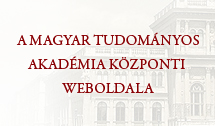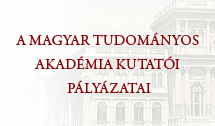A Tudománytörténet és Tudományfilozófia Kutatócsoport szeretettel meghív minden érdeklődőt Prof. Karl Ulrich Meyer (Yale University / Max-Planck-Institut für Bildungsforschung) október 13-án, délután 16 órától tartandó, "From Weber's "Science as Vocation" (1917) to Horizon 2020" című előadására.
Abstract:
With articles 179 to 190 of the Treaty of Lisbon of 2010 the European Union received a general mandate in the area of scientific research and for the formation of a European Research Union. Its main current carrier is the 8th framework for funding research, better known as “Horizon 2020” providing more than 70 billion Euros of funds for a period of 7 years. Almost one hundred years ago Max Weber provided an analysis of how the organisation of science impinges upon the motives of researchers and how the latter are related to its quality. What are the purposes of the European programs and how do they concern the motives of the individual researchers and the quality of EU-funded research today? In my lecture I will contrast Max Weber`s sociological view of science with its modern “European” counterpart and - on that basis – raise some fundamental critical concerns. EU science suffers from an overload of goals, bureaucracy and policies , a consequent waste of resources and is lacking an adequate institutional structure. What we need are institutional designs for European research funding which allow for three things: first, clarity of purpose; second, protection from direct political influence; and third, an institutional commitment to the values of science



